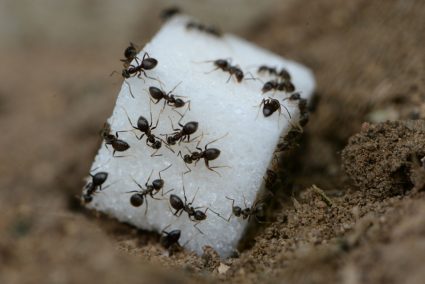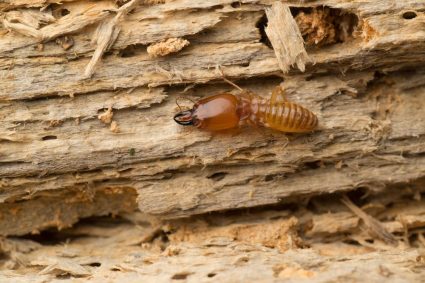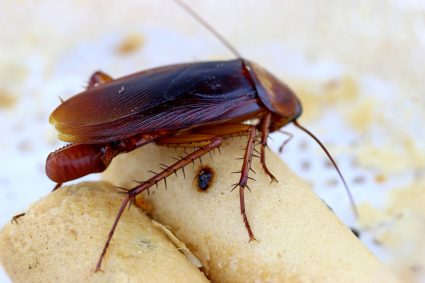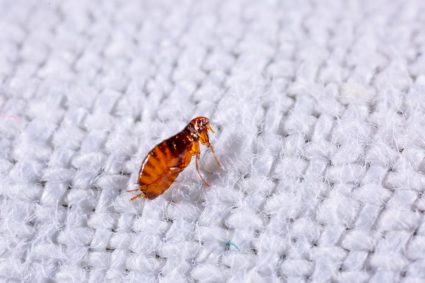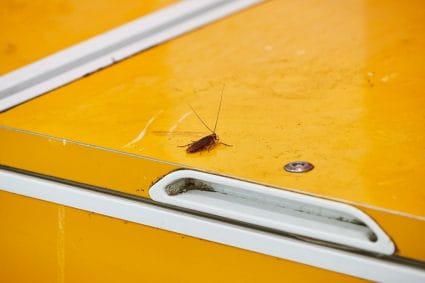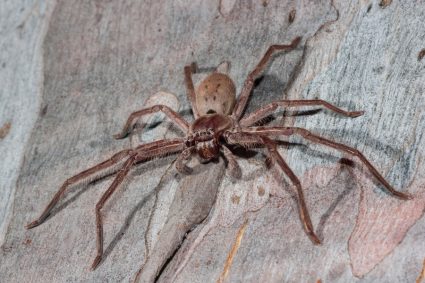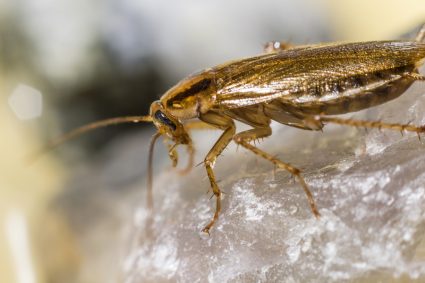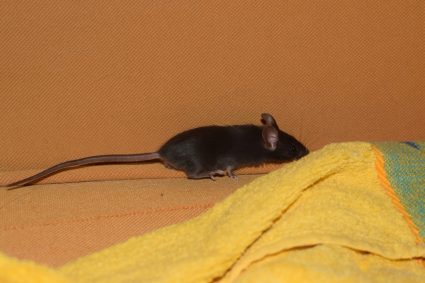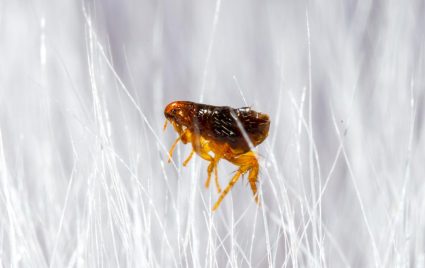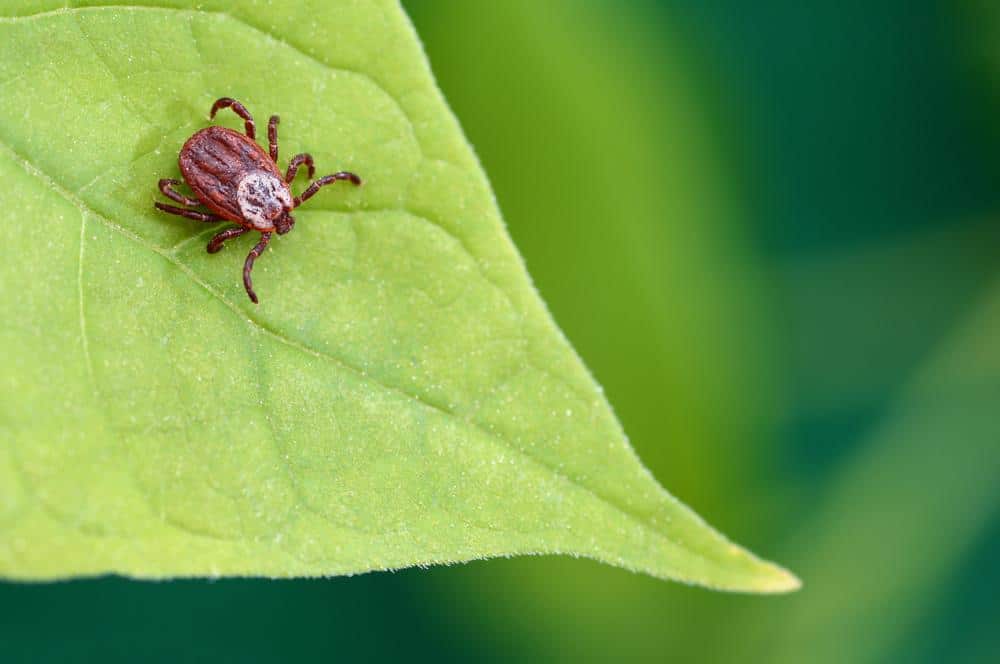
Russet mites are tiny, nearly invisible pests that can cause significant damage to plants, including stunted growth, smaller leaf size, suppressed bud growth, and dull, grayish, or bronzed leaves. If left uncontrolled, russet mites can even kill plants. Given the severity of the damage that these pests can cause, it’s no surprise that plant owners are on the lookout for effective ways to control them. One such method that has been proposed is the use of bleach. But does bleach really kill russet mites? Let’s delve into the subject.
Bleach, specifically sodium hypochlorite, can kill various pests, including mite eggs, and can be used to decontaminate surfaces and equipment where russet mites are present. However, it should not be applied directly to plants as it can cause damage to the plant tissue. Therefore, while bleach can help maintain a clean growing environment, it is not a direct treatment for russet mites.
The Effect of Bleach on Russet Mites
Bleach, specifically sodium hypochlorite, is a powerful disinfectant known for its ability to kill various pests, including mite eggs. It can be used to decontaminate surfaces and equipment in indoor and greenhouse environments where russet mites are present. A solution of household bleach diluted to 5% is recommended for this purpose.
However, while bleach can help in cleaning and decontaminating the growing environment, it is not a direct solution for controlling russet mites on plants. In fact, bleach should not be applied directly to plants, as it can cause damage to the plant tissue.
So, while bleach can be part of a broader strategy to manage russet mites by maintaining a clean and sanitary growing environment, it is not a standalone solution for eradicating the pests from your plants.
Recognizing a Russet Mite Infestation
Before we discuss alternative methods to control or eradicate russet mites, it’s important to know how to identify an infestation. Signs to look out for include:
- Stunted, twisted growth
- Leaves curling and taking on a canoe-like shape
- Irregular growth patterns
- Yellow or brown spots on the leaves
- Drooping at the top of the plants
- Greasy bronze or russet coloring of stems or leaves
If you observe these symptoms, confirm a russet mite infestation by checking damaged leaves and surrounding healthy leaves for mites under a microscope or a strong hand lens.
Alternative Methods to Control or Eradicate Russet Mites
While bleach may not be the answer to a russet mite infestation, there are several effective alternatives:
- Micronized Sulfur: Dilute micronized sulfur in water and apply it using a sprayer. Repeat three applications in one week.
- Biological Control: Predatory mites, such as Amblyseius swirskii and Amblyseius andersoni, feed on russet mites and can help control their populations.
- Neem Oil and Cinnamaldehyde: These natural substances can repel and kill mites when applied at the first signs of damage.
- Mined Sulfur Dust or Sprays: These are acceptable for use on organically certified produce.
- Organocide Bee Safe 3-in-1 Organic Garden Spray: This garden-safe russet mite control spray is a 3-in-1 fungicide, miticide, and insecticide.
Preventive Measures
In addition to these treatments, preventive measures are crucial in managing russet mite infestations.
- Inspect and quarantine new plants before introducing them to your garden.
- Maintain proper sanitation in your growing area.
- Remove alternate hosts such as nightshades and morning glory.
- Regularly check your plants for signs of infestation and take action as soon as possible.
In conclusion, while bleach can help maintain a sanitary growing environment, it is not a direct treatment for russet mites. Instead, consider using alternative methods such as micronized sulfur, neem oil, or predatory mites, and be sure to maintain a clean and tidy garden to prevent future infestations.
Frequently Asked Questions
What are russet mites?
Russet mites are tiny pests that can cause significant damage to plants. They are nearly invisible to the naked eye but can be identified using a microscope or a strong hand lens.
Why should I avoid using bleach directly on my plants?
Bleach, especially in high concentrations, can cause damage to plant tissues. It can lead to leaf burn, stunted growth, or even kill the plant. Therefore, it’s not recommended to use bleach directly on plants.
Can I use any type of sulfur to control russet mites?
It’s recommended to use micronized sulfur or mined sulfur dust or sprays to control russet mites. Micronized sulfur can be diluted in water and applied using a sprayer, while mined sulfur dust or sprays are acceptable for use on organically certified produce.
What are some preventive measures to control russet mites?
Some preventive measures include inspecting and quarantining new plants before introducing them to your garden, maintaining proper sanitation in your growing area, removing alternate hosts such as nightshades and morning glory, and regularly checking your plants for signs of infestation.
Are there any natural substances that can control russet mites?
Yes, natural substances like neem oil and cinnamaldehyde can repel and kill mites when applied at the first signs of damage.

